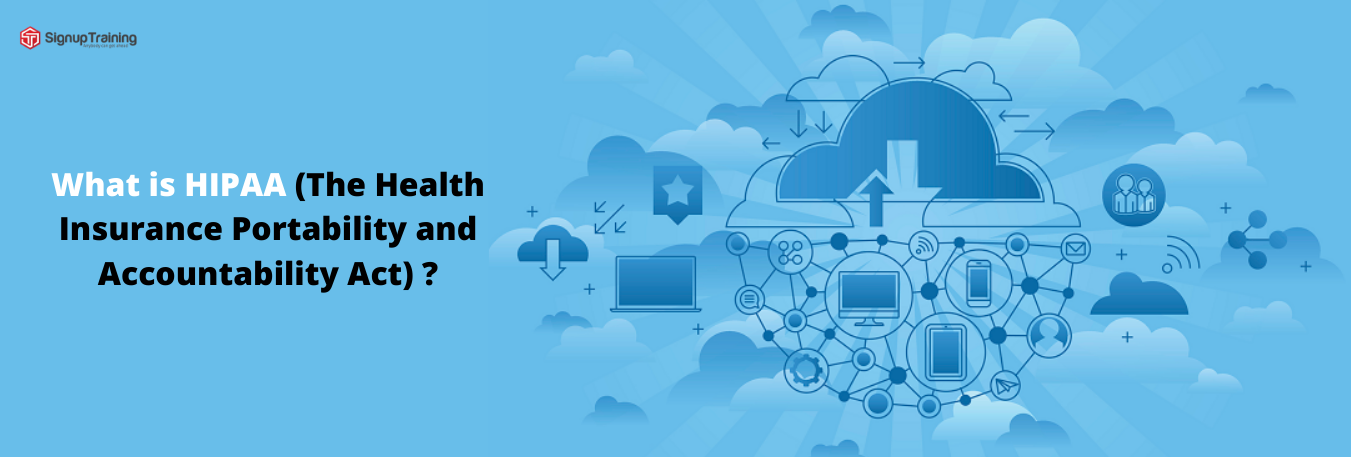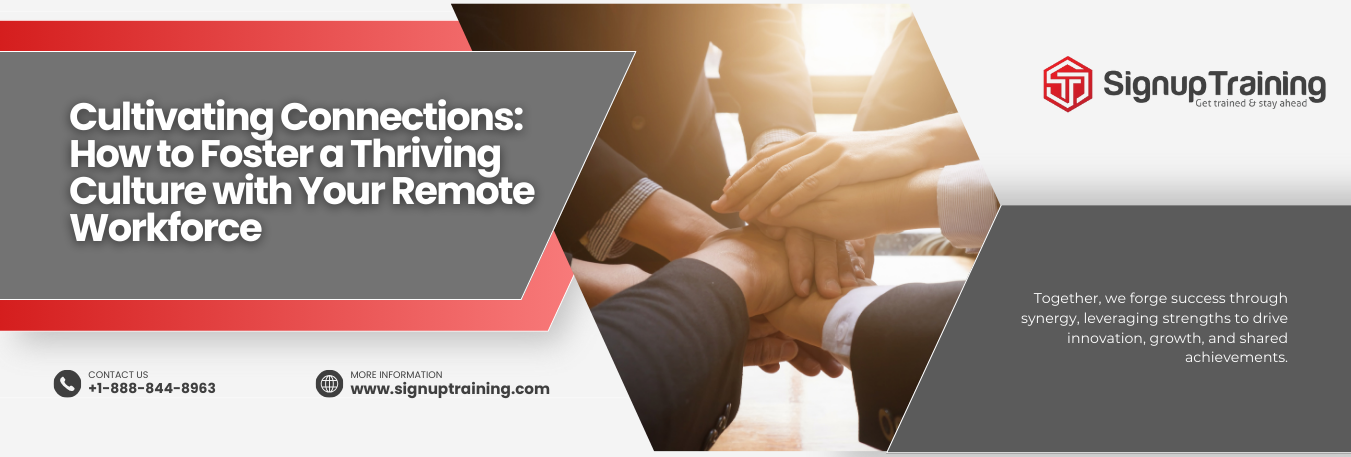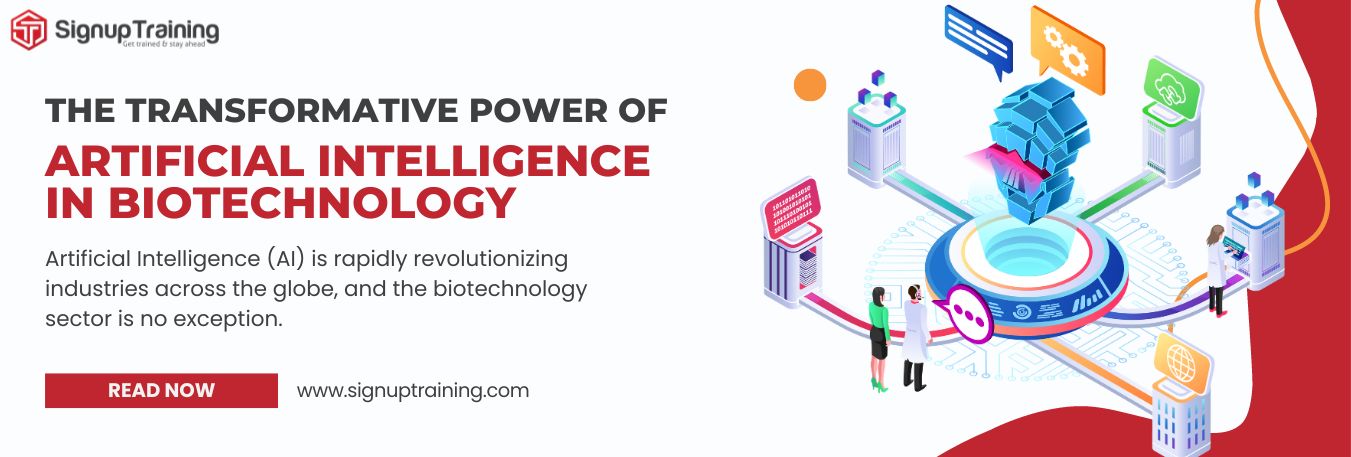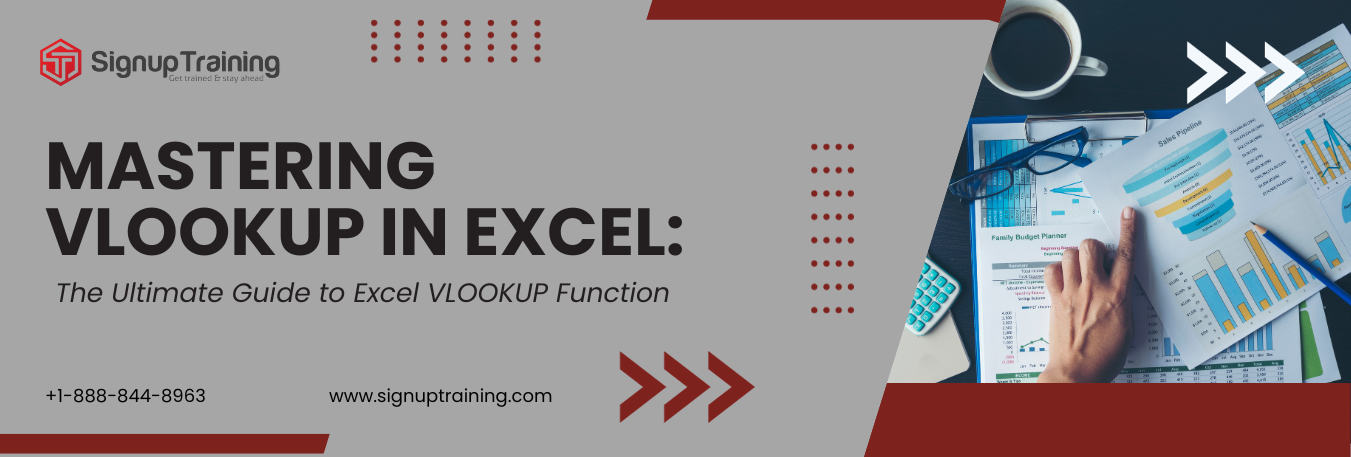6 Skills that Make for a Great Human Resources Manager

Human Resources is a great industry that’s suitable for those who enjoy building large teams, while also focusing on the growth of individual employees. The Human Resources Department has grown in importance over the years. While earlier, HR professionals worked primarily on recruitment, today this field has expanded to include employee wellness, training and development, upskilling initiatives and several others.
Read on to find out what are the personality traits and the skills that make a great HR Manager:
1. Good Organization Skills
A good HR Manager must have strong organizational skills. Especially today, when the role of an HR requires quick multi-tasking. From having to hire and fire people, discuss recruitment strategies, analyze current resource requirement and predict future needs – the list is endless. Only a well-organized HR Manager will be able to efficiently deliver on these tasks expected of them.
2. Strong Communication Skills
A good HR Manager should have communication skills as one of their top abilities. As an HR Manager you will be expected to communicate with leadership teams and facilitate communications between team leads, employees and peers. It’s not just the spoken word, but sharp writing abilities is equally important to ensure all information is effectively passed to all internal stakeholders. Effectively communicating the required actions but maintaining a neutral and objective stand is key to a good HR Manager.
3. Problem-Solving Skills
The HR Manager is responsible for ensuring that people of different personality traits, different backgrounds and different communication styles are able to come together to work effectively. This means that the HR has to take the front role to address conflicting thoughts and ideas or just step in to help solve problems amicably.
4. Industry expertise
Keeping abreast of industry trends is a must for HR Managers. Recruitment decisions, hiring guidelines and policies are continuously updated and modified. It is the responsibility of the HR Manager to ensure these guidelines and policies are updated within the company as well. The HR Manager is further required to ensure all leadership teams are updated with these policy changes so that the company is safeguarded from breaking any new rules that have been implemented.
5. Training & development skills
One of the primary jobs of an HR professional is training and development. Employees need to be continuously updated and educated to stay updated in their field. The HR Manager needs to act like a coach and mentor to these employees, ensuring that the right training opportunities are made available to them at the right time.
6. Leadership skills
In many instances, the employee looks to the HR Manager to guide their next moves. The HR Manager is the mentor that employees can go to in times of stress or doubt. Having an impartial leadership trait with equally good understanding of each department skills will enable the HR Manager to step up when it comes to showcasing leadership abilities.
We’ve shared just some of the basic skills needed for HR Manager. Join our Human resources webinar specially designed for HR Managers to get more details on all the skills needed to be a good HR Manager.
Trending now

Why do medical devices need FDA approval?
Blog
Top 10 HR Compliance Challenges in USA
Blog
Medical Device Regulations in the USA
Blog
Understanding IEC 62304 & Compliance Tips for Medical Device Software Developers
Blog
What is HIPAA (The Health Insurance Portability and Accountability Act) ?
BlogFDA Steps to Ensure Quality of Foreign Products
Blog
6 Skills that Make for a Great Human Resources Manager
Blog
Why do we have OSHA Regulations?
Blog21 CFR part 11 compliance - key factors that every FDA regulated business should know
BlogWhy is 21 CFR Part 11 Compliance Important?
BlogWhat are the Key Factors (Essentials) for 21 CFR Part 11 Compliance?
BlogFDA Regulated Firms Must Ensure Part 11 Compliance to Generate Accurate and Usable Data
Blog
Know how to Survive an OSHA Audit
Blog
Top 5 Job Opportunities in Biotechnology
Blog
5 Key functions of HR Management
Blog
Cybersecurity Threats Upcoming in 2023
Blog
Why Should You Learn About OSHA's Guidance on Substance Abuse Testing?
Blog
Importance of SOPs in the Pharmaceutical Industry
Blog
Non-Compliance on 1099 Filing: Consequences and Best Practices
Blog
Artificial Intelligence (AI) in Healthcare: A Boon or Bane?
Blog.jpg)
How to Ensure Compliance with the I-9 Form: A Guide for Human Resources
Blog
Effective OSHA Audit Observations and Best Practices
Blog
How to Land Your Dream Job in Accounting: Top Tips and Career Options
Blog
Cultivating Connections: How to Foster a Thriving Culture with Your Remote Workforce
Blog
The Transformative Power of Artificial Intelligence in Biotechnology
Blog.png)
6 Steps to Building an Effective Hazard Communication Program (EHS)
Blog